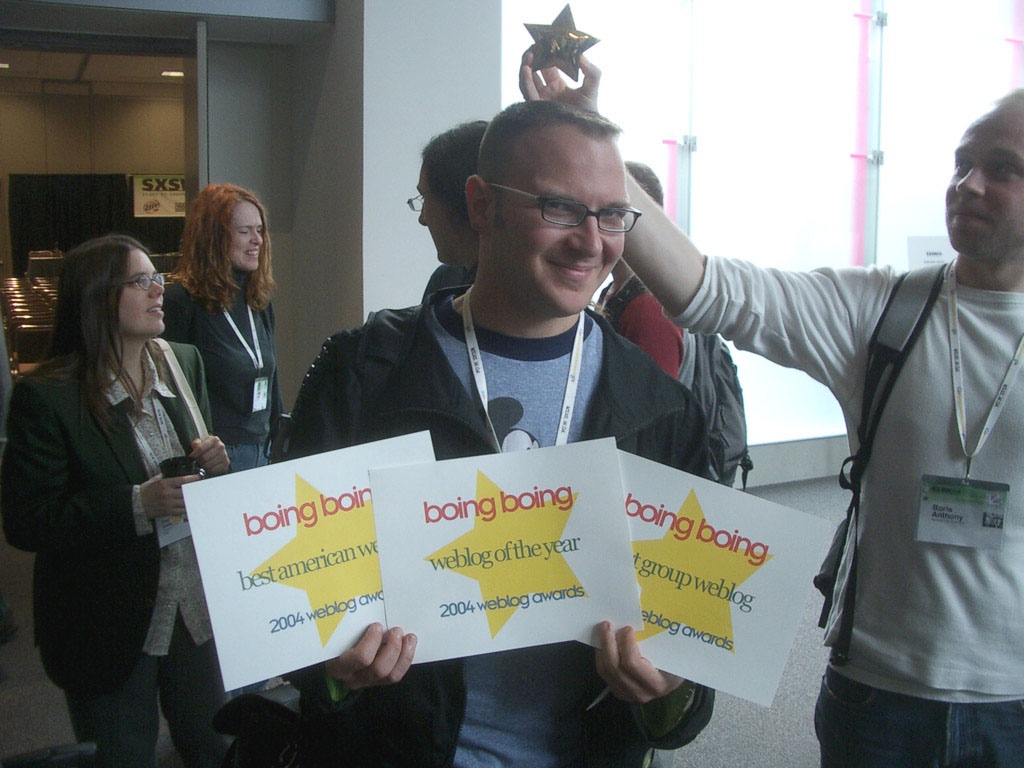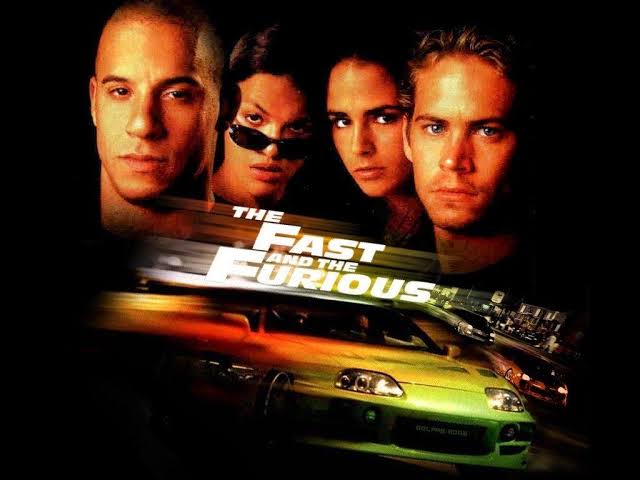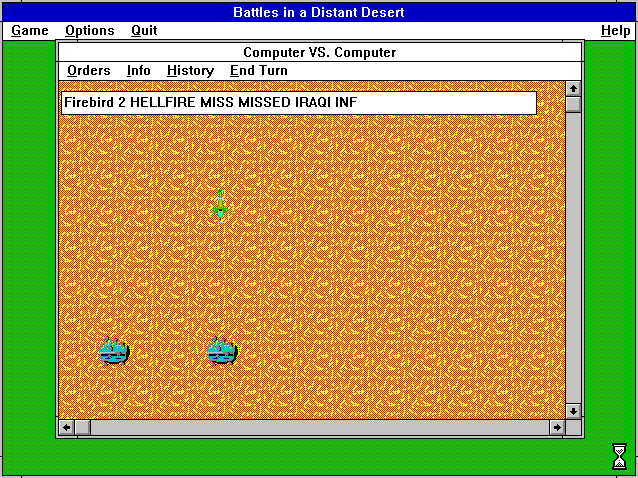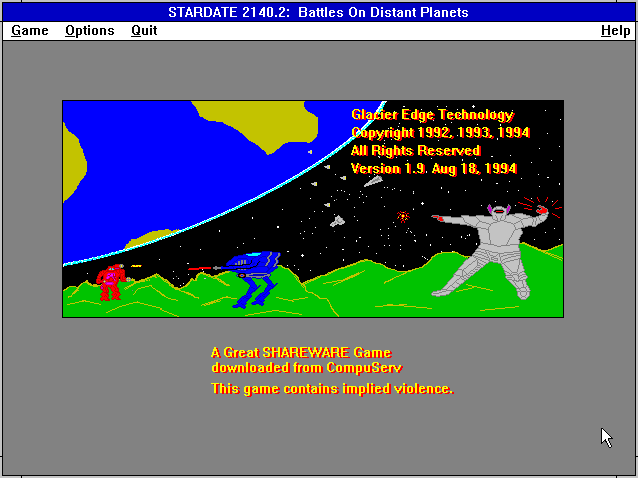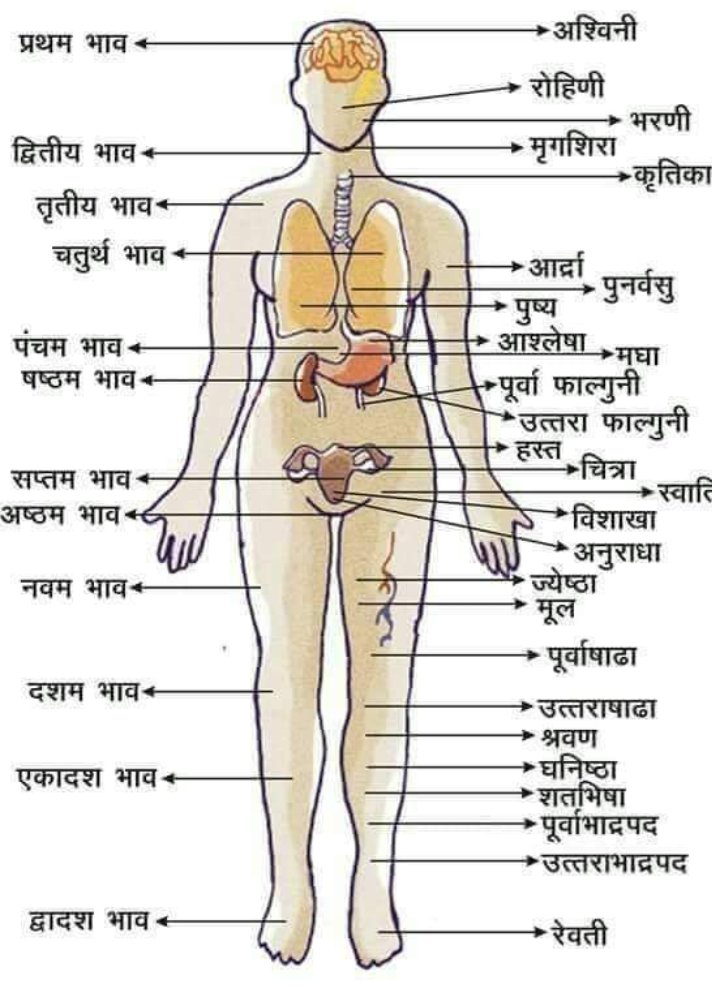jm watching as jk, part of the mafia, storms his house and jk being totally confused as to why the man looks so unbothered by it, standing at the top of the stairs with an unfazed expression.
+

"w-who are you," jk can't help but stutter out with wide eyes.
to his bewilderment, the man doesn't move to sit next to him on the couch. feeling the pressure of the mysterious man's hands on his shoulder,
"congrats on breaking through the door of your own boss, jeon jungkook, code J97."
"so it was always you on the phone?" he manages to croak out.
"you are the mastermind behind all this, giving us all the orders?"
"but what is the point of this mission? why did you order me to storm your own house?" jk wonders quietly, eyes staring straight ahead of him, anywhere but at the gorgeous man who turned out to be his boss.
"i've had my eyes on you for long, jeon," he begins calmly as if he wasn't kissing the soul out of jk just seconds ago.
jk still doesn't get it, though.
"jimin." the man suddenly says.
"excuse me?"
he sighs. "call me jimin from now on. not 'boss'."
he stands up from his seat and struts around jk, halting right behind him to lean down over his shoulder.
"an offer?" jk asks breathily.
"be my right-hand man and you're allowed to call me jimin, allowed to stay with me in this house and allowed to order the others around with me."
jk's eyes widen in disbelief.
"right-hand man?"
"right-hand man, sidekick, partner, call it how-"
he feels jm move in surprise.
"i accept your offer, jimin," jk says, his voice the most confident it had been within that hour.
jm clicks his tongue, though.
"not so fast, sweetheart," he chuckles, making jk turn his face to him with a frown. they're so close again.
More from Culture
You May Also Like
Why is this the most powerful question you can ask when attempting to reach an agreement with another human being or organization?
A thread, co-written by @deanmbrody:
Next level tactic when closing a sale, candidate, or investment:
— Erik Torenberg (@eriktorenberg) February 27, 2018
Ask: \u201cWhat needs to be true for you to be all in?\u201d
You'll usually get an explicit answer that you might not get otherwise. It also holds them accountable once the thing they need becomes true.
2/ First, “X” could be lots of things. Examples: What would need to be true for you to
- “Feel it's in our best interest for me to be CMO"
- “Feel that we’re in a good place as a company”
- “Feel that we’re on the same page”
- “Feel that we both got what we wanted from this deal
3/ Normally, we aren’t that direct. Example from startup/VC land:
Founders leave VC meetings thinking that every VC will invest, but they rarely do.
Worse over, the founders don’t know what they need to do in order to be fundable.
4/ So why should you ask the magic Q?
To get clarity.
You want to know where you stand, and what it takes to get what you want in a way that also gets them what they want.
It also holds them (mentally) accountable once the thing they need becomes true.
5/ Staying in the context of soliciting investors, the question is “what would need to be true for you to want to invest (or partner with us on this journey, etc)?”
Multiple responses to this question are likely to deliver a positive result.
Like company moats, your personal moat should be a competitive advantage that is not only durable—it should also compound over time.
Characteristics of a personal moat below:
I'm increasingly interested in the idea of "personal moats" in the context of careers.
— Erik Torenberg (@eriktorenberg) November 22, 2018
Moats should be:
- Hard to learn and hard to do (but perhaps easier for you)
- Skills that are rare and valuable
- Legible
- Compounding over time
- Unique to your own talents & interests https://t.co/bB3k1YcH5b
2/ Like a company moat, you want to build career capital while you sleep.
As Andrew Chen noted:
People talk about \u201cpassive income\u201d a lot but not about \u201cpassive social capital\u201d or \u201cpassive networking\u201d or \u201cpassive knowledge gaining\u201d but that\u2019s what you can architect if you have a thing and it grows over time without intensive constant effort to sustain it
— Andrew Chen (@andrewchen) November 22, 2018
3/ You don’t want to build a competitive advantage that is fleeting or that will get commoditized
Things that might get commoditized over time (some longer than
Things that look like moats but likely aren\u2019t or may fade:
— Erik Torenberg (@eriktorenberg) November 22, 2018
- Proprietary networks
- Being something other than one of the best at any tournament style-game
- Many "awards"
- Twitter followers or general reach without "respect"
- Anything that depends on information asymmetry https://t.co/abjxesVIh9
4/ Before the arrival of recorded music, what used to be scarce was the actual music itself — required an in-person artist.
After recorded music, the music itself became abundant and what became scarce was curation, distribution, and self space.
5/ Similarly, in careers, what used to be (more) scarce were things like ideas, money, and exclusive relationships.
In the internet economy, what has become scarce are things like specific knowledge, rare & valuable skills, and great reputations.











